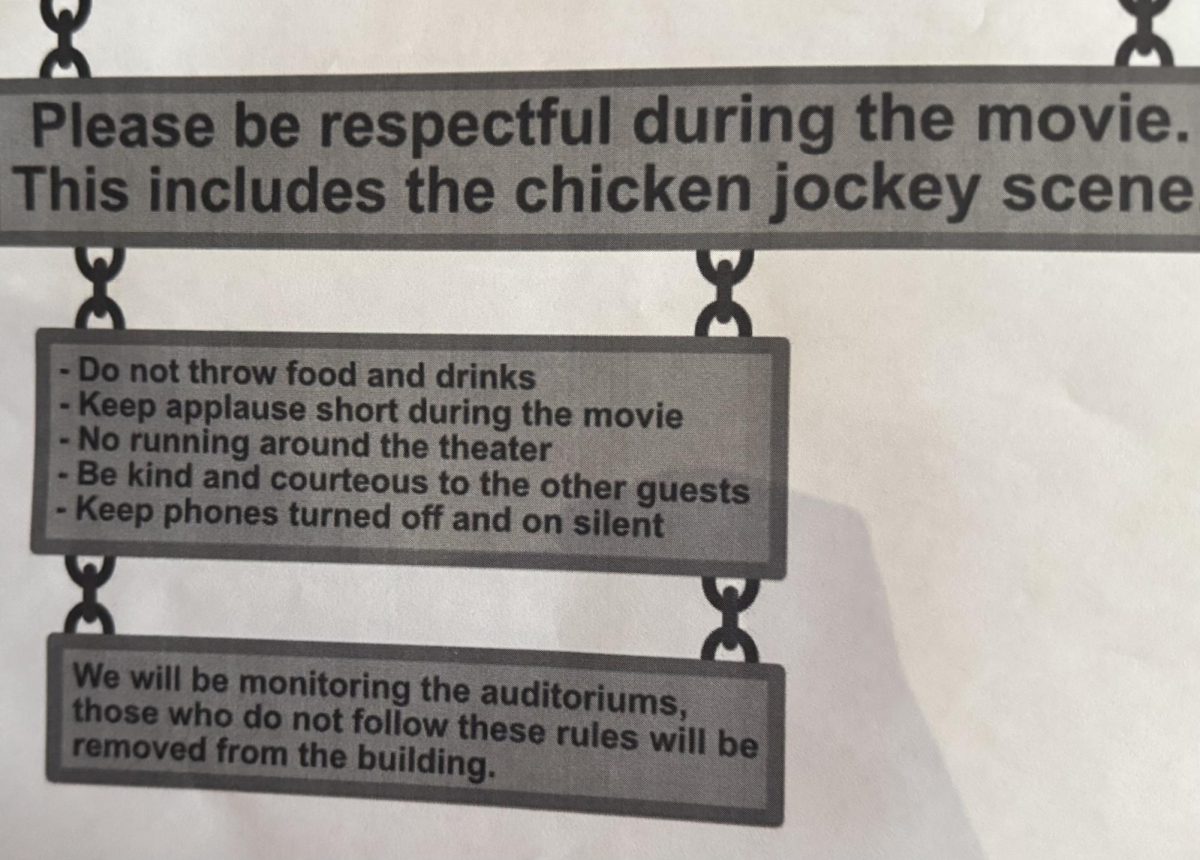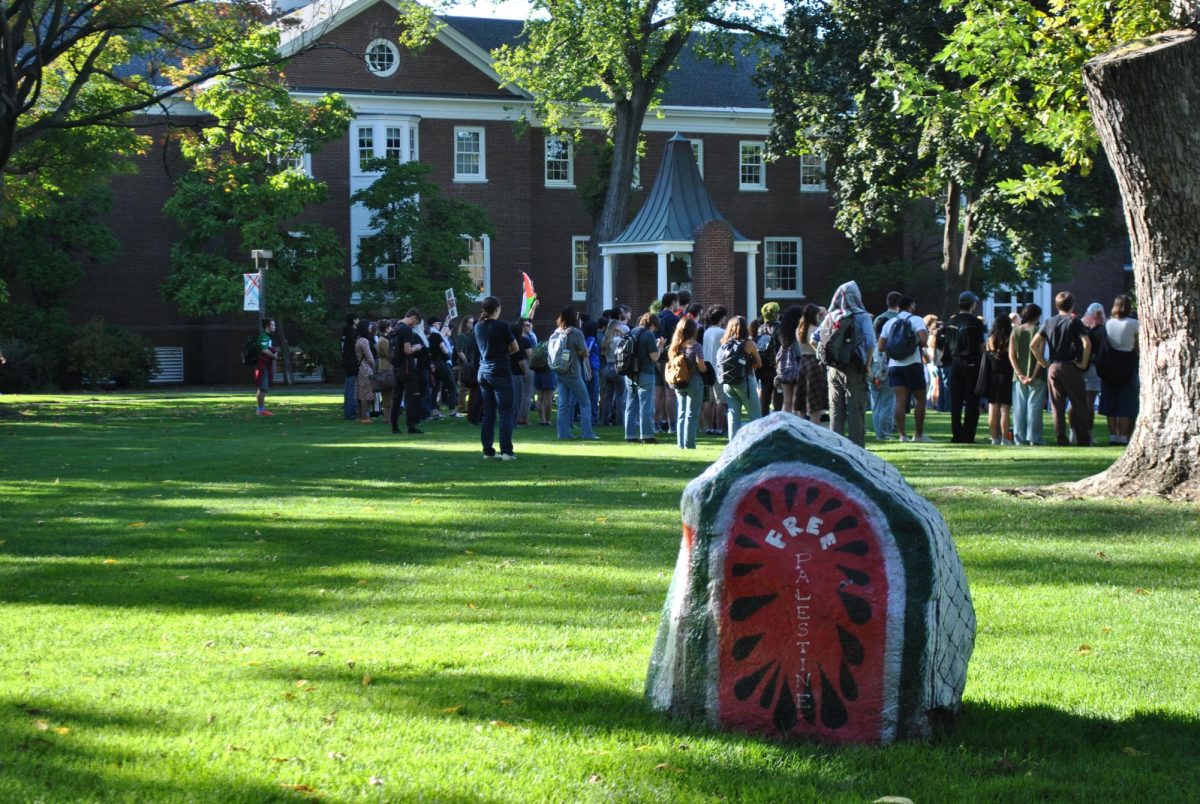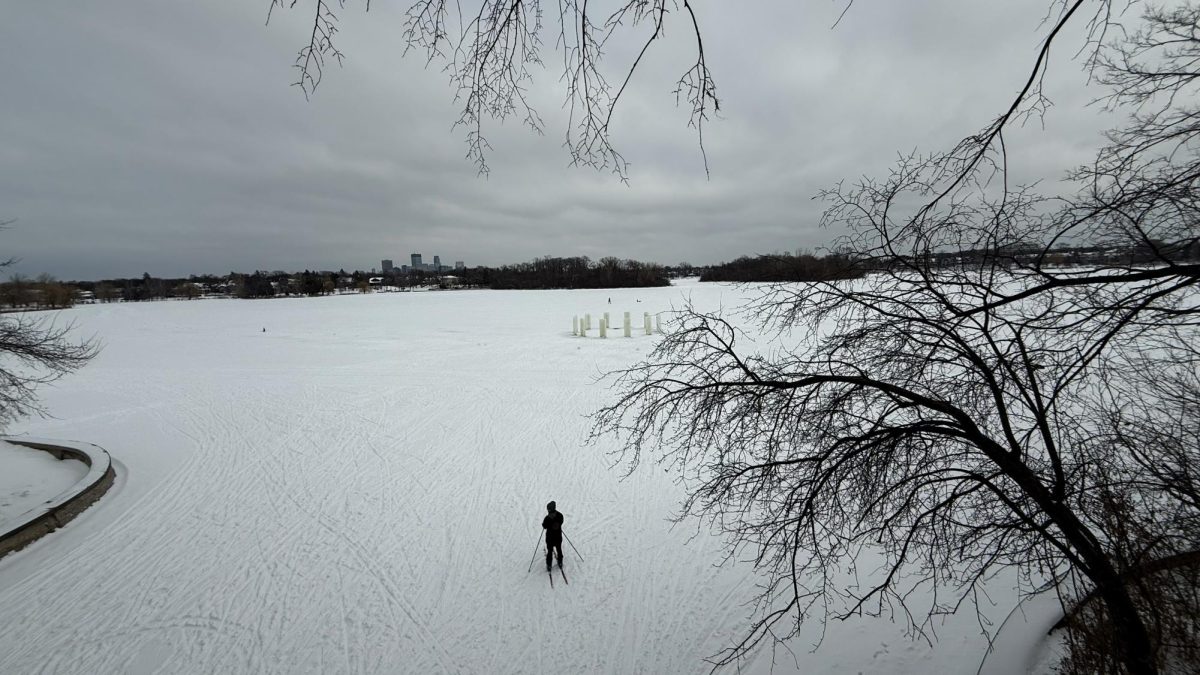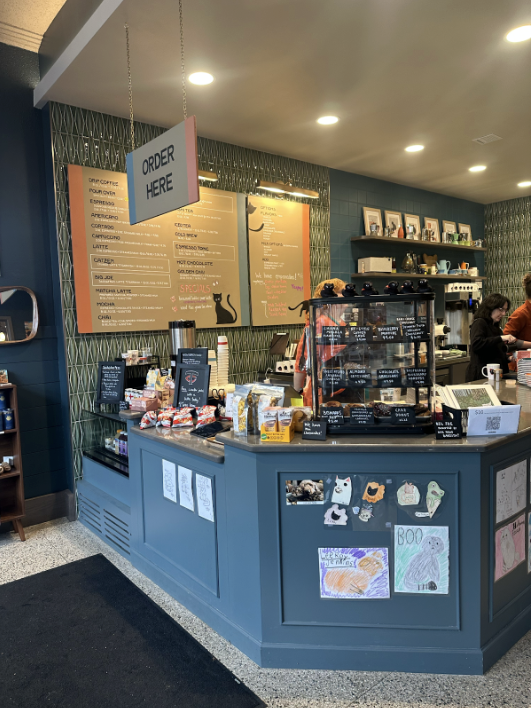This week the 195 party nations to the United Nations Framework Convention on Climate Change (UNFCCC) will gather in Paris at the 21st Conference of the Parties (COP21) to try to achieve something the world has never done before — to negotiate an unprecedented, universal, binding climate change agreement with the aim of keeping global average temperatures from rising above 2ºC.
To meet this monumental challenge, close to 50,000 participants will converge in Paris, representing one of the largest international gatherings on climate change thus far. Participants include 25,000 official delegates from government, intergovernmental organisations, UN agencies, NGOs and civil society.
Of these 50,000 participants, Macalester has the privilege of sending 10 students to COP21 through a course led by Associate Professor of Environmental Studies Roopali Phadke and Sustainability Manager Suzanne Hansen.
As students in this course we wanted to elaborate on our opportunity to travel to Paris, the ways we hope to create strong linkages between our activities there and the campus at large, and express our commitment to bearing witness to this historic event even in light of the recent attacks.
The decision to continue on with COP21 following the recent acts of terror that occurred in Paris demonstrates that even in times of great violence and international conflict, the world is willing to come together in solidarity to address transnational humanitarian issues. In the wake of the attack, COP21 represents an opportunity for the global community to unify in a spirit of positive change, and to recognize the intersections between peace, resilience and global cooperation in solving the issues that unite us.
While disappointment and flimsy commitments have characterized previous meetings of the UNFCCC, the urgency of climate change demands an international political response. Many view this meeting in Paris as the moment when the world will see if it is truly possible to build the political will necessary to address climate change. In Paris, we will see if nations are truly serious about the promise of establishing emissions reduction agreements with legal force.
The complexities of climate change transcend any single discipline, and the cross-departmental support we have received for this project has been humbling. Our work is being supported by an interdepartmental coalition, including the Office of the President, Academic Programs, the Educating Sustainability Ambassadors program, Environmental Studies, Economics, Geography and Political Science.
Additionally, because of Macalester’s involvement in the negotiations, President Brian Rosenberg has signed the Open Letter to COP21 Ministers concerning Higher Education Institutions & Climate Change (http://cop21.grli.org/), joining signatories from Wesleyan and Dickinson as the first American liberal arts institutions to sign the letter advocating for a strong climate change agreement from Paris.
As a student group, we will serve as ambassadors for Macalester, investigating the dynamics of leadership, equity and policy-making during the negotiations process. We hope to use our time in Paris to gain the kind of firsthand insight into the negotiations that can only be achieved by being there. But these insights are only powerful to the extent that they can be communicated and shared.
To this end, we will engage the Macalester community both during our absence and upon our return by facilitating real-time communication of our experiences at the negotiations through written dispatches available on the Environmental Studies department website. We are also collaborating with local, national and international organizations and media partners to extend our reach into a broader community. Upon our return, we will share our insights as part of an ongoing engagement and outreach effort.
We have attempted to create a robust network of interconnections that can serve to broaden the scope and increase the impact that this incredible opportunity can have within communities of multiple scales.
Climate change is a complex and wide-reaching issue. It will require an equal magnitude of solidarity and cooperation to generate solutions. It will be in these local-to-global linkages that we can begin to cooperate as an international community in tackling one of the greatest issues of our time.
For this reason, we are excited by the opportunities and possibilities presented by the UNFCCC negotiations as a mechanism for stimulating these strong and necessary linkages among our own community here at Macalester and beyond.
For updates while we are in Paris, visit www.macalester.edu/cop21.







Sarah Ogden • Sep 7, 2019 at 5:22 pm
very interesting info ! .